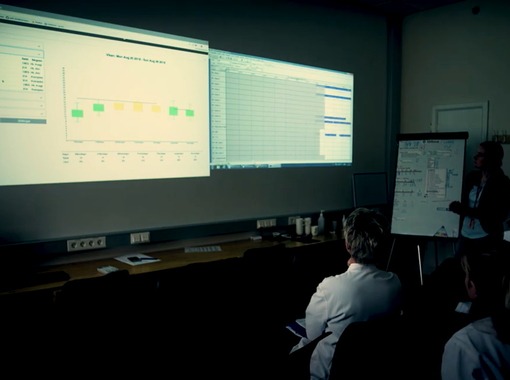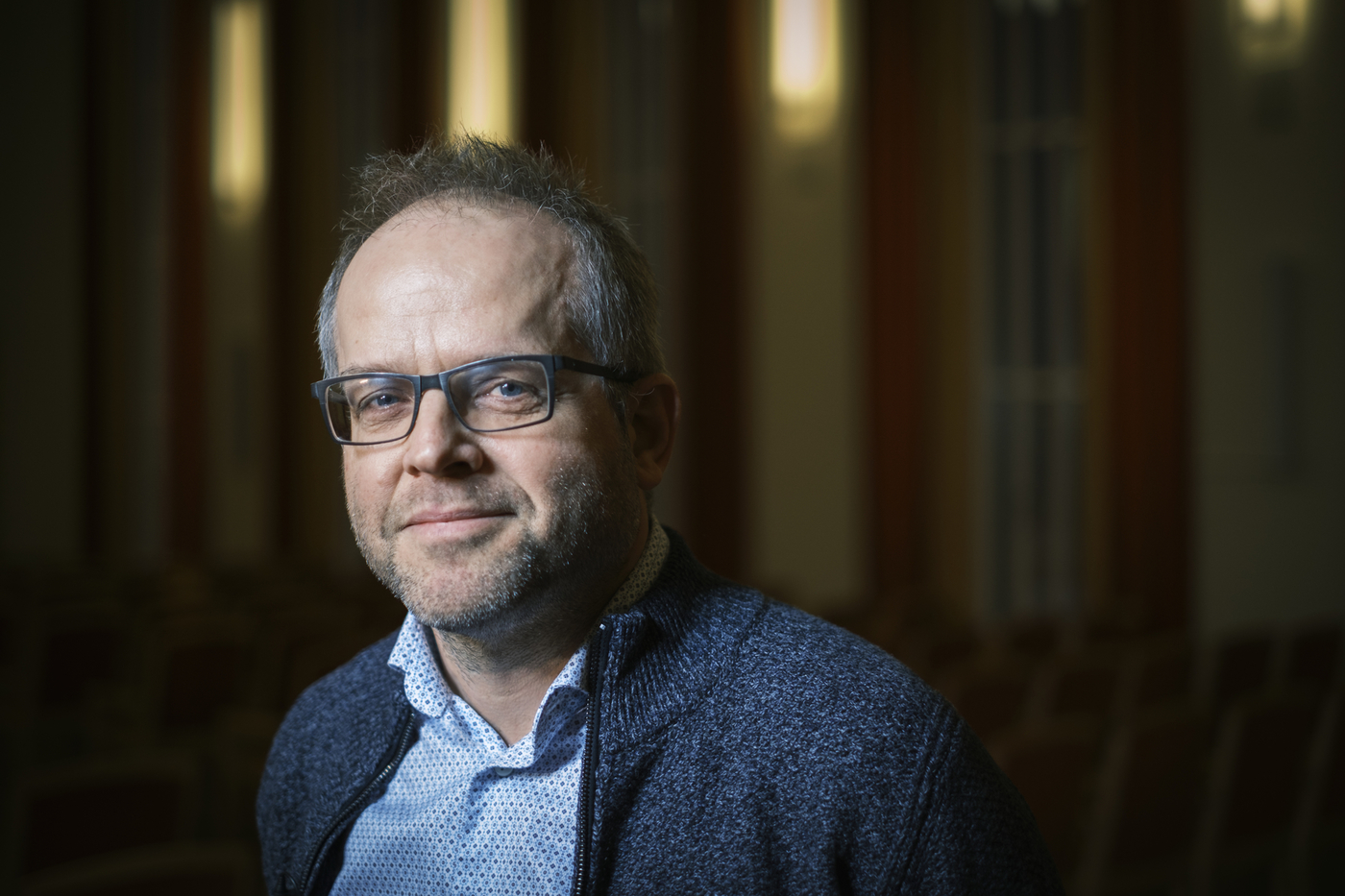A group of scientists in engineering at the University of Iceland is currently working with representatives from the Landspítali University Hospital on creating and developing a prediction model of the flow of patients diagnosed with COVID-19 in the care of the hospital. The model is based on software that received first prize in the Applied Science Prize at the University of Iceland last year and helps hospital administrators in finding and maintaining the best categorisation of surgeries.
It is presumed that the COVID-19 epidemic is reaching its peak in Iceland, which involves an increased burden on the health care system, especially Landspítali University Hospital, which accepts and takes care of the most critical patients. To prepare for this the hospital administrators approached Rögnvaldur J. Sæmundsson and Tómas P. Rúnarsson, professors in industrial engineering and their colleagues to develop a prediction model. "The model predicts the flow of COVID-19 patents in the care of Landspítali University Hospital, both those who have been admitted and those staying at home," says Rögnvaldur.
The model uses results from the prediction model on the number of individuals diagnosed with the virus in Iceland, developed by a group of other scientists for disease prevention in Iceland; to be found on covid.hi.is/english, as well as data on hospital operations. "The simulation model is to provide a daily prediction for the future number of patients in different parts of the hospital, e.g. the ER, the clinic, inpatient units, and intensive care, in addition to patients who stay in their homes under supervision," says Rögnvaldur on the utilization of the model. The scientists presented the first edition of the model for hospital administrators earlier this week.
Rögnvaldur emphasizes that a lot work still remains be done on improving the model and evaluating its efficiency. "If proven successful the model can help hospital staff to predict changes in burden and thus better prepare for difficult times. It helps make treatment and patient care better and improves the staff’s capabilities to meet their needs," he adds.
A group of scientists in engineering at the University of Iceland is currently working with representatives from the Landspítali University Hospital on creating and developing a prediction model of the flow of patients diagnosed with COVID-19 in the care of the hospital. The model is based on software that received first prize in the Applied Science Prize at the University of Iceland last year and helps hospital administrators in finding and maintaining the best categorisation of surgeries.

Unique unity in the project
The spark for the collaboration is another project that Rögnvaldur and associates have been working on with the Landspítali University Hospital recently, or a system designed to help administrators and admittance managers to find and maintain the best classification of surgeries using algorithms and models. The software makes suggestions for categorization and consequently shows the effects of the sorting on the flow of patients between surgeries, intensive care, recovery and the inpatient unit. This project was awarded first prize in the University of Iceland Applied Science Prize last year.
Working with Rögnvaldur and Tómas on the COVID-19 prediction model are Ásgeir Örn Sigurpálsson, doctoral student in industrial engineering, and Guðný Hjaltadóttir, research assistant, and Sölvi Rögnvaldsson mathematician. Furthermore, Birgir Hrafnkelsson, professor of statistics has also been involved in the project and a group led by Thor Aspelund, professor of Biostatistics that has developed a prediction model for the progress of the COVID-19 epidemic in Iceland.
When asked what has surprised him the most working on the new prediction model Rögnvaldur said: "I guess the unique unity in the work on the project where everyone is ready to do whatever it takes to get through this ordeal that is the COVID-19 epidemic."




